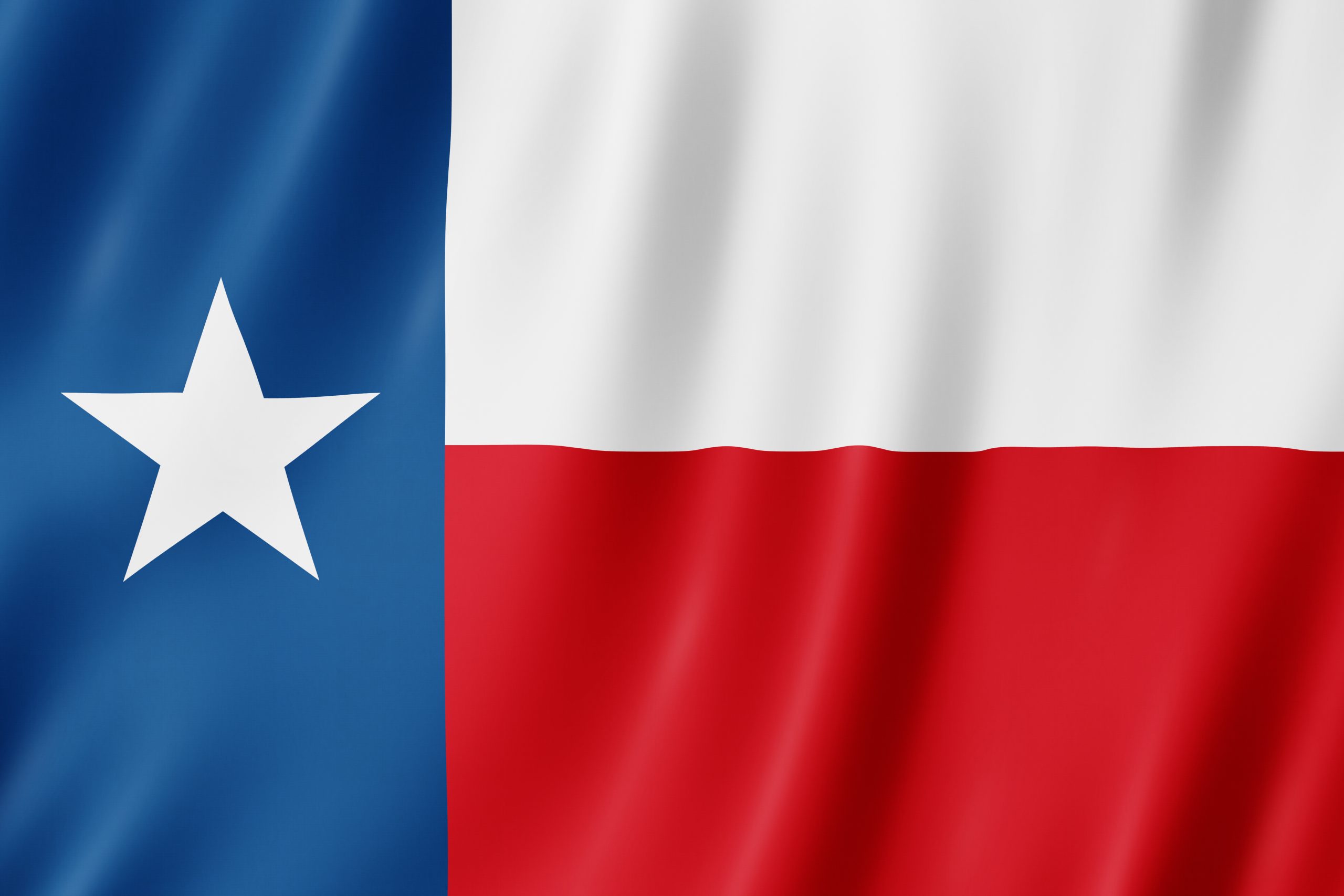Dallas’ Central Market Features Rooftop Bee Hives
July 29, 2015
Honey Delivered Directly from Dallas Roof to Consumers
Local honey can now be purchased by consumers at Central Market that is produced just a few feet away – in bee hives on the rooftop of the building right above their heads. An Austin, Texas based non-profit called American Honey Bee Protection Agency announced a partnership with Central Market in which the store would house 240,000 rescued honey bees on the roof of their Lovers Lane store. Mark Phillips, business development manager for Central Market said, ““It’s … nice for us to have local ZIP code honey.”
“With all the energy around bees and how they’re declining, it’s just a nice opportunity for us to get to that,” said Phillips. The rooftop hives produced 400 pounds of honey during its most recent harvest, which is impressive considering the amount of effort that goes into creating honey. Consider this – it takes 1,200 bees traveling a distance equivalent of seven times around the world and 6,000 flowers to produce a single teaspoon of honey – with this is mind, 400 pounds is an impressive number.
The honey produced on Central Market’s rooftop is sold at their Lovers Lane store. The honey is bottled into 4 ounce jars and sold direct. Additionally, honey is used at Central Market’s tea and coffee bar as well as in the Chef’s Case including garlic and honey flank steak. Consumers are also able to purchase organic lip balm made from the hives’ beeswax. Central Market’s customers have the unique opportunity to purchase honey and honey products right where they are made.
The American Honey Bee Protection Agency works to relocate bees found in homes and businesses to safer areas before they are fumigated. In addition to the group’s operations in Austin, Houston, San Antonio, and South Texas, they are beginning to expand to North Texas as well. The Central Market project is the first rooftop beehive project the group has completed with a grocery store. Alarming declines in the honeybee population has brought more attention to conservation of the insects.
“Bee czar” Water Schumacher says that “The bee is a keystone species. Once that keystone collapses, so will our reign.” Schumacher helped to found the American Honey Bee Protection Agency and speaks to the importance of honey bees in our daily lives. According to a report published by the Natural Resources Defense Council, bees are responsible for pollinating 30 percent of the crops we harvest yearly and the United States alone has lost almost 40 percent of its bee populations in the last year.


.jpg)



